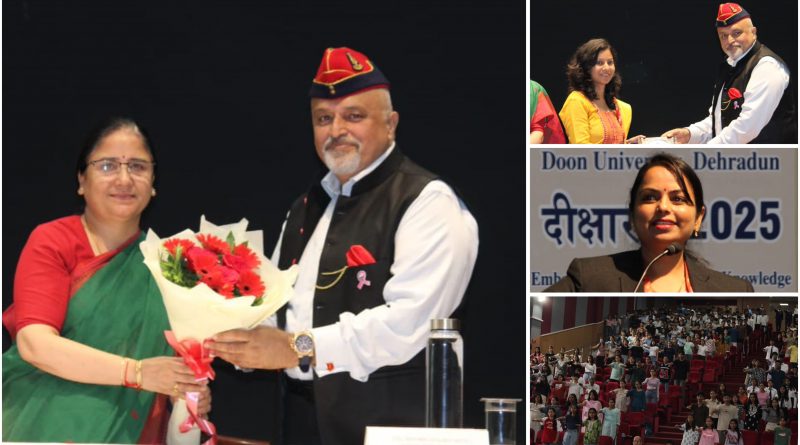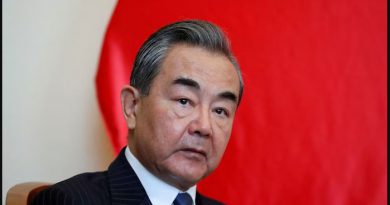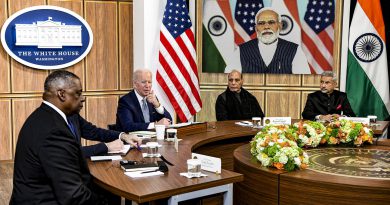India’s Doon University Unites Students and Soldiers Against Breast Cancer
Dehradun — India’s prominent Doon University in Dehradun hosted a high-profile breast cancer awareness programme on Wednesday, organized by the Breast Cancer in Young Women Foundation (BCYWF) based in Denver, USA. The event, held at the university’s Nityanand Auditorium, drew an engaged audience of students, faculty members, and parents, nearly filling the 500-seat venue.
Central to the programme was the launch of the Youth Council for Breast Health (YCBH), a student-driven initiative designed to empower young women across Uttarakhand with practical knowledge about breast health. With a bold five-year vision, the council plans to engage at least 25,500 women across 11 universities, emphasizing early detection, preventative strategies, and long-term awareness.
Speaking at the event, Dr. Niharika Verma of HIMS, SRHU, Jolly Grant, and Dr. Prasuna Jelly from AIIMS Rishikesh, shared expert insights into breast health, covering topics from self-examinations to lifestyle interventions and the latest medical research on early detection. Their presentations were met with keen interest, as students actively participated in extended Q&A sessions, reflecting a growing commitment among the youth to take charge of their health.
Adding a unique perspective on community service and leadership, Colonel Mayank Chaubey, a retired Indian Army officer, highlighted the importance of discipline, awareness, and proactive action in addressing health challenges. He encouraged students to approach breast health with the same focus and dedication often associated with military service, emphasizing that prevention and education are as critical as treatment.
Highlighting the university’s support, Prof. Surekha Dangwal, Vice-Chancellor of Doon University, praised the foundation’s efforts, stating, “This initiative reflects a commitment to not just education but also the wellbeing of our students. By integrating health awareness into university life, we are fostering a culture of proactive care that can save lives.”
Organisers underscored that the programme is more than a one-time awareness drive. It is a strategic call to action aimed at reducing late-stage diagnoses of breast cancer, which remains one of the leading causes of mortality among young women in India and worldwide. Through mentorship, peer-led campaigns, and partnerships with medical institutions, YCBH intends to build a sustainable network of informed advocates capable of influencing their communities positively.
Participants described the programme as both empowering and transformative. “Understanding breast health at this stage of life is crucial,” said Ananya Sharma, a second-year student at Doon University. “This initiative motivates us to take responsibility not just for ourselves but also to spread awareness among our peers and families.”
The collaboration between BCYWF and Uttarakhand universities reflects a growing trend of global partnerships in health education. By combining international expertise with local engagement, the programme demonstrates how cross-border initiatives can address pressing health challenges while nurturing the next generation of informed leaders.
As the Youth Council for Breast Health gears up for its statewide rollout, the initiative sets a benchmark for student-led, socially impactful programs. Its vision aligns with a broader global movement to equip young women with the knowledge, resources, and support needed to confront breast cancer proactively, ultimately improving outcomes and saving lives for years to come.



